Top 8 Jordanian Culture, Customs and Etiquette
Should you remove your shoes when visiting friends? Should you greet those on elevators with a smile? When thinking about the dos and don'ts in your own ... read more...nation, these questions might not seem like the most obvious ones, but things that you might not even consider at home can have a major impact abroad. Here is a list of Jordanian Culture, Customs and Etiquette.
-
Clothing is one of the worth mentioning things among Jordanian Culture, Customs and Etiquette. The interaction between locals and western tourists is one area where miscommunication between the two parties is most likely to occur. Male and female tourists alike frequently disobey basic dress norms, unaware of how much this deepens the cultural gap and denigrates them in the eyes of locals.
Unremarkable clothing from home may be perceived as embarrassing, rude, or unpleasant in Jordan.The importance of personal grooming and fashion is significantly higher in Jordan and Palestine than it is in the West; for the majority, "dressing down" purposefully in tattered or dirty clothes is unimaginable. Additionally, many people wear long sleeves and high necklines for both sexes to expose the least amount of skin possible out of modesty.

https://www.pinterest.co.uk/ 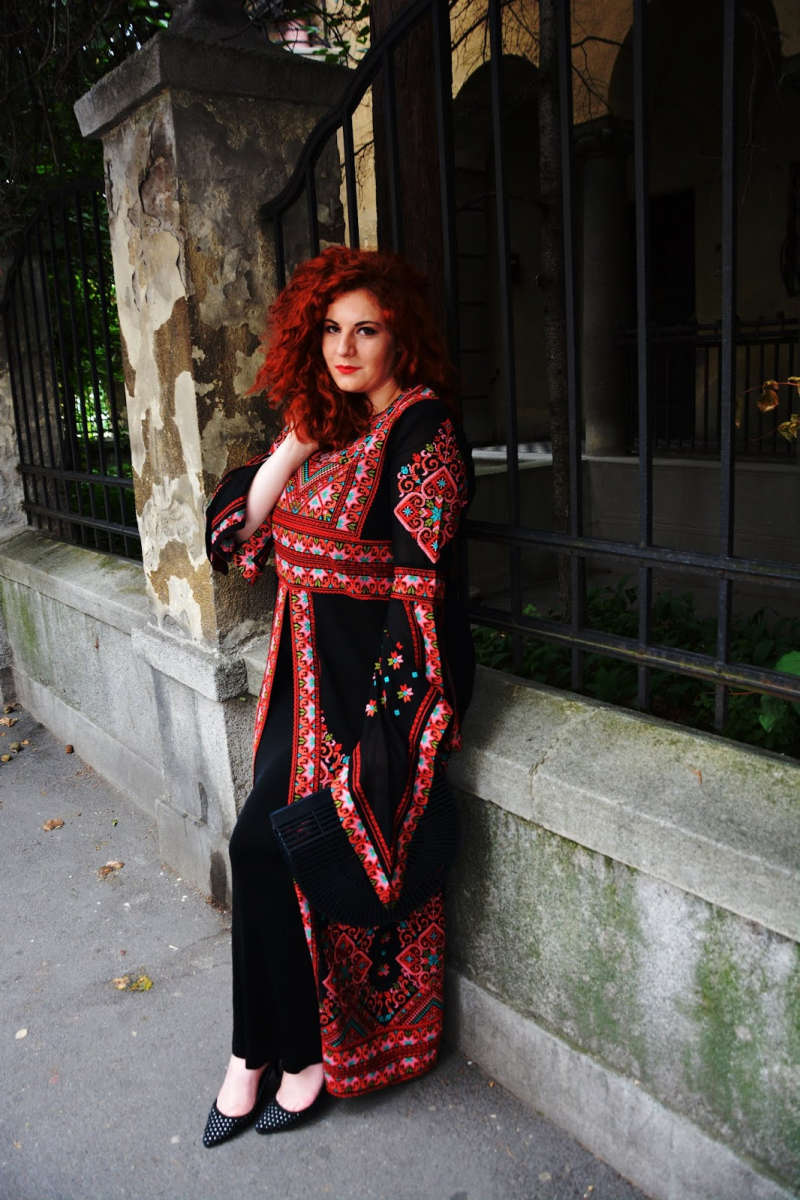
https://www.ivanasworld.com -
You'll likely have to go to even greater lengths than males to adapt your usual style of dress to engage as a western woman in Jordanian society with some degree of mutual respect, but it is possible to do so without significantly surrendering your independence and originality.
You will find it much easier to interact regularly with local males if you wear loose-fitting, opaque clothing that covers your legs, arms, and chest. Lycra leggings and shorts both have blatantly provocative and sexual looks on women. T-shirts should generally be avoided as well. It is best to cover the nape of the neck, either with a high collar or a thin cotton scarf, as it is seen to be particularly seductive.
Another area where conservatism works to avoid unwanted attention is in the hair. You might choose to follow Jordanian women's example and clip long hair up so that it doesn't hang below your shoulders. You might wish to dry your hair before leaving the house because some people perceive women's wet hair as a sexual advertisement. If you have blonde hair, you must regrettably prepare for a little bit more curious attention—at least when moving through more conservative neighborhoods.
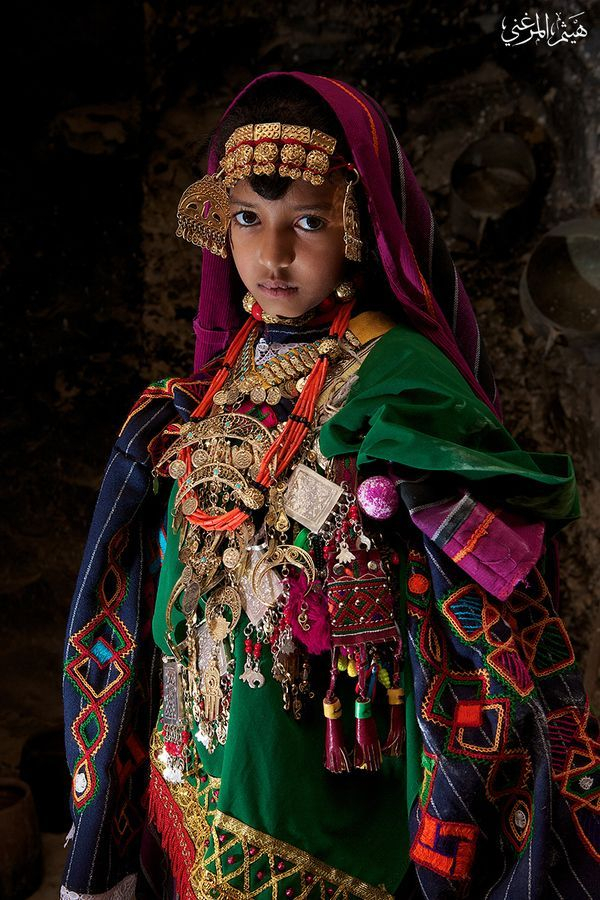
https://www.thetravelmagazine.net/ 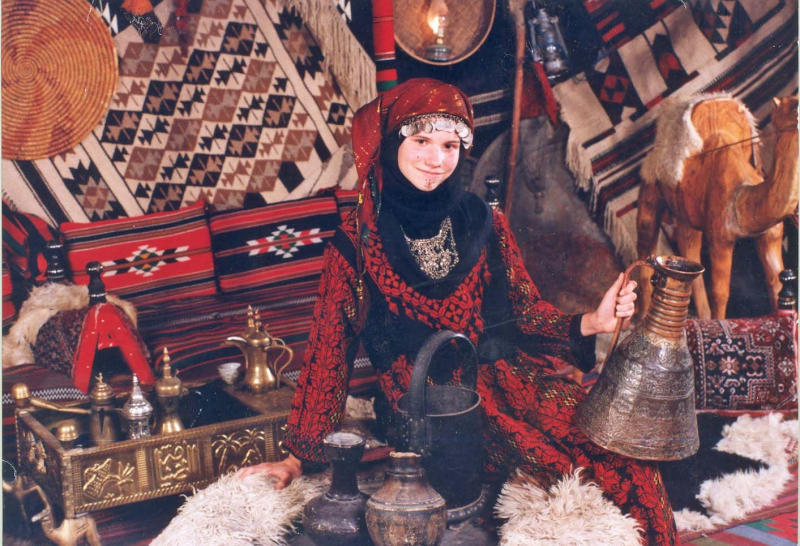
https://www.pinterest.com -
Visitors who wear shorts on the street give off about the same vibe as people who roam around Baltimore or Bournemouth in their underwear. In any environment, including the city, the country, and the desert, long, decent pants made of light cotton, denim, or canvas are a need (not flimsy, brightly patterned beach-style trousers).
If you must wear shorts, choose loose, knee-length styles rather than tight, athletic styles. Underwear is any shirt that doesn't cover your shoulders and upper arms. A buttoned shirt tucked into pants sends a stronger statement about the priority you place on cultural awareness than wearing a T-shirt, which is permitted. Jordanian men never, under any circumstances, go bare-chested in public.
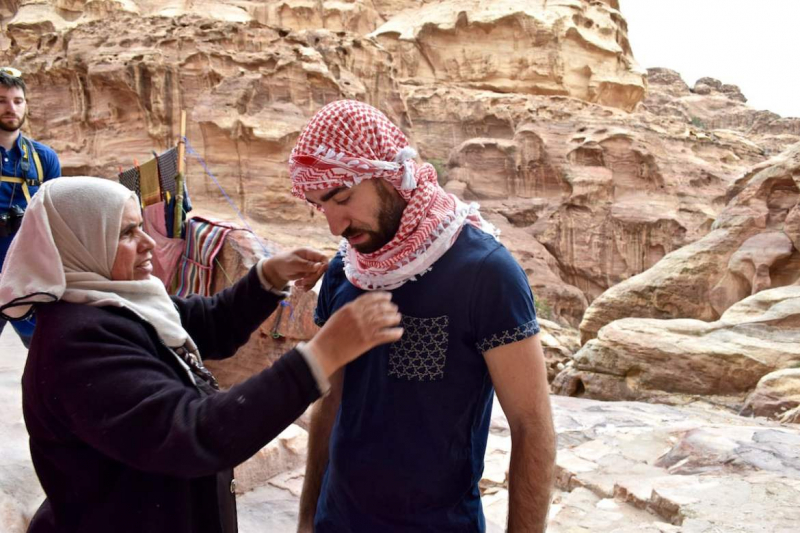
https://www.wanderlustchloe.com 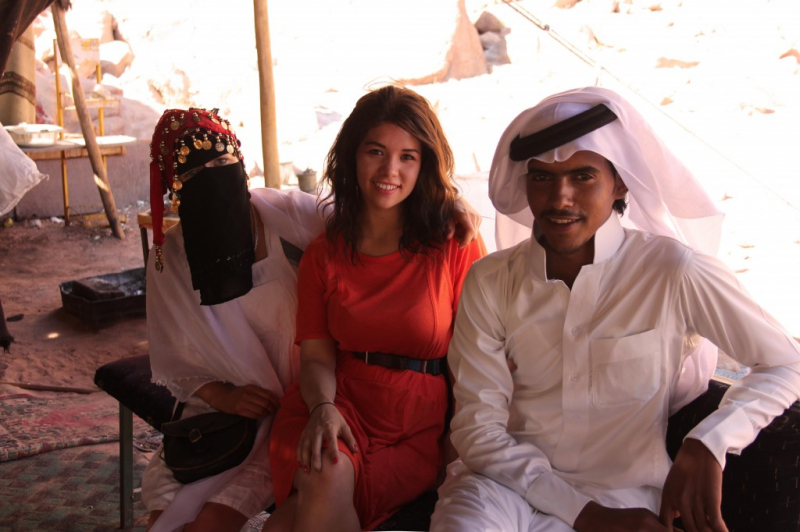
http://www.theculturemap.com/ -
There are several seemingly impenetrable verbal and behavioral conventions used in social interaction in Jordan, most of which visitors can ignore without repercussion. But there are a few things you should know. Westerners who are used to preserving their distance may feel ashamed of the effort Jordanians put into their interpersonal ties.
Complete strangers introduce themselves and chat amicably about nothing noteworthy, people on the street ask for advice or voice their opinions without thinking twice, and old friends start exchanging greetings, cheek kisses, joyful arm squeezes, and back slaps while sincerely asking about each other's health, families, businesses, and current events. Foreigners who are more accustomed to avoiding strangers and conducting business swiftly and impersonally in stores may come out as aloof, indifferent, or even snobbish. More than anything else, smiling, picking up a few polite greetings, showing appreciation for those who welcome you, and taking the time to chat with individuals can help you build relationships.
Jordanians shake hands significantly more frequently than Westerners do, and even the smallest amount of interaction with a stranger is typically marked by one or two handshakes to signify fraternity.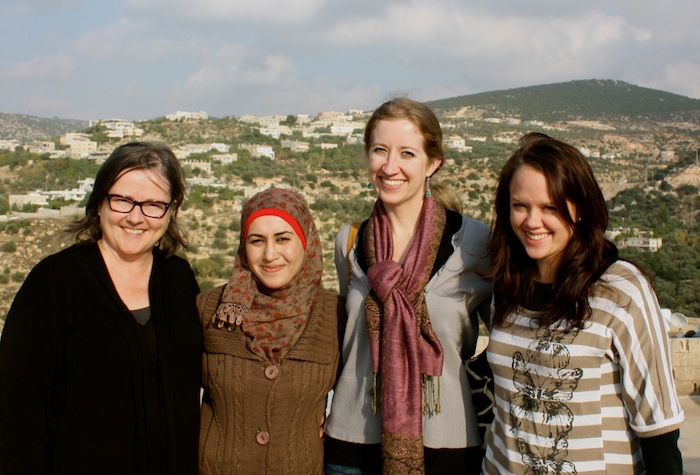
http://engagingcultures.com 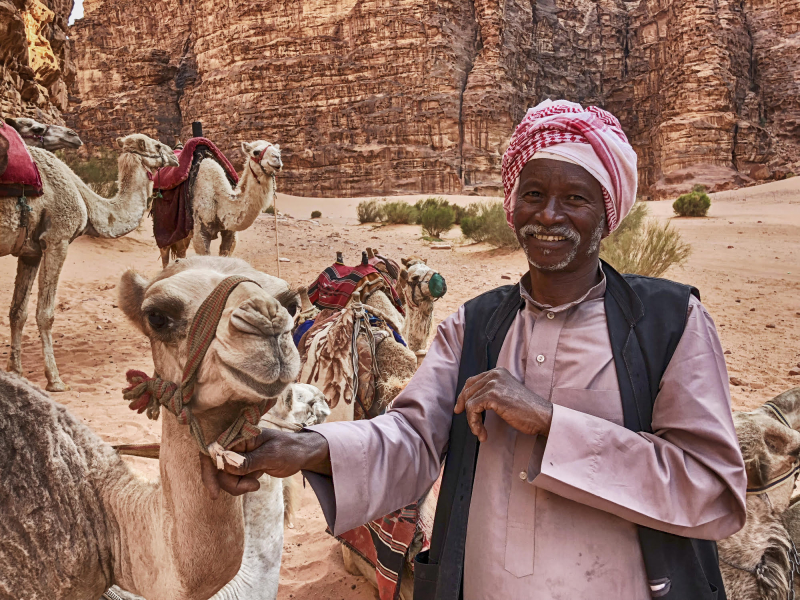
https://smartours.com -
"Personal space" isn't always so spacious, as anyone who has traveled overseas can attest. This is especially true if you are a woman who stands out in a crowd. Personal space violations, or PSVs, can range from obtrusive but innocuous (cat calls, honking, and confessions of everlasting love) to absolutely unacceptable (touches, assault, etc.).
In Arab societies, personal space is considered very differently from how it is in Western cultures—it essentially doesn't exist. Queuing is an alien concept, and in many circumstances, hanging back politely invites others to move in front of you. Jordanians also have a different relationship with nature than do westerners. Someone might approach you while you are alone or with a friend in the most serene location, obscuring the sunset and eager to chat. It could be challenging, if not impossible, to express your want for solitude.
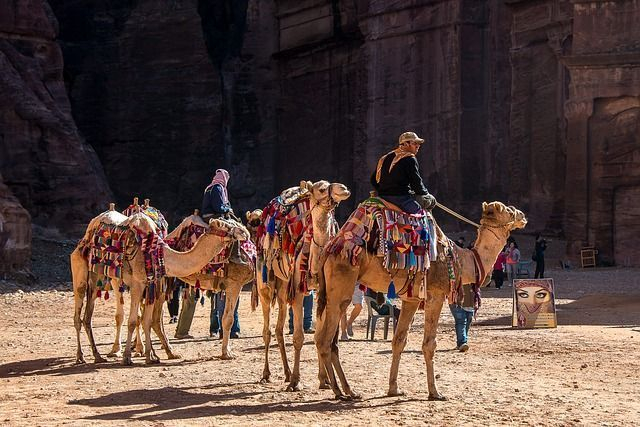
https://www.pinterest.com 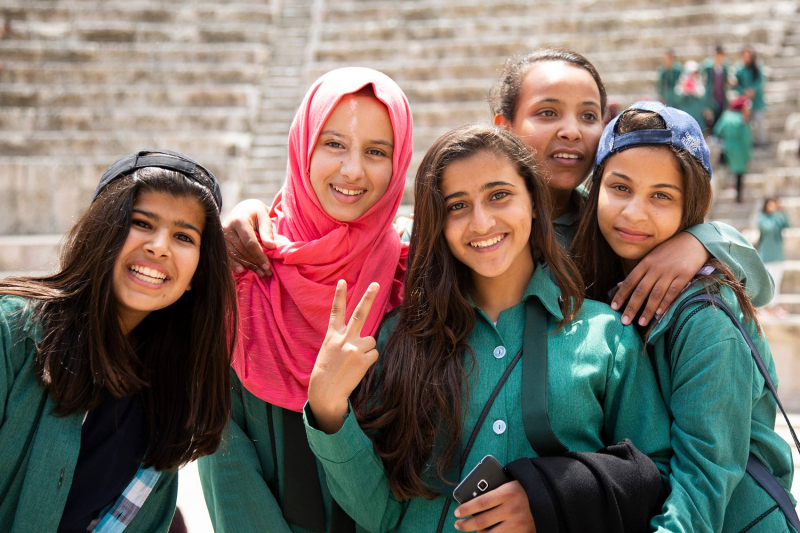
http://blog.yasmintajik.com/ -
You almost certainly will receive an invitation to have tea with someone while visiting Jordan, either in their house or in their shop. You'll probably also get asked to visit someone's home for a full lunch at some point. Jordanians take hospitality very seriously, and they genuinely want to get to know you and make you feel at home. Offers come thick and fast, making it impossible to accept them all, but because individuals are frequently eager, it can be tough to politely decline them all.
First and foremost, whether you're interested in them or not, take the time to speak politely; even if they're the 20th person to stop you that day, nothing is more offensive than walking away silently or gesturing hurriedly. If you receive an invitation but decide not to accept, a polite way to say no is to smile broadly, bow your head, place your right hand over your heart, and say "shukran shukran" (thank you, thank you).
This may need to be repeated a few times; it's all a part of the custom of polite insistence in social situations. The phrase "another time, if God wills it" softens the "no" even more, letting them know that you won't forget their nice offer.
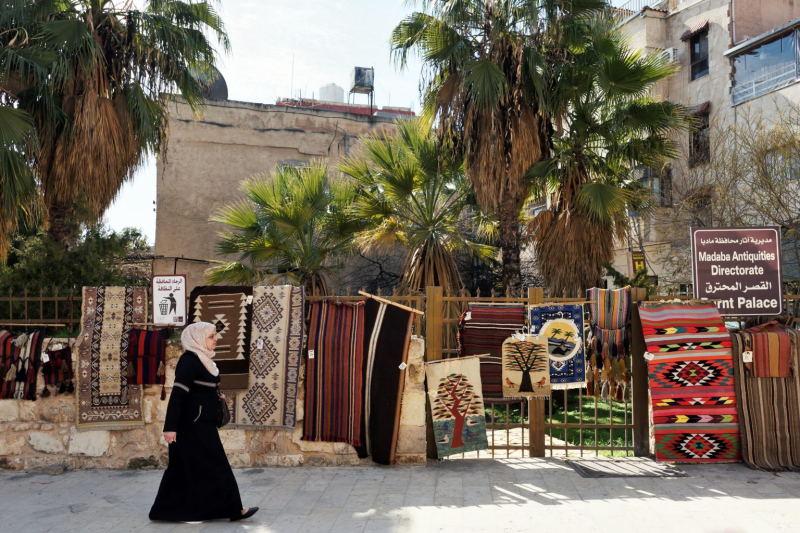
https://touristjourney.com 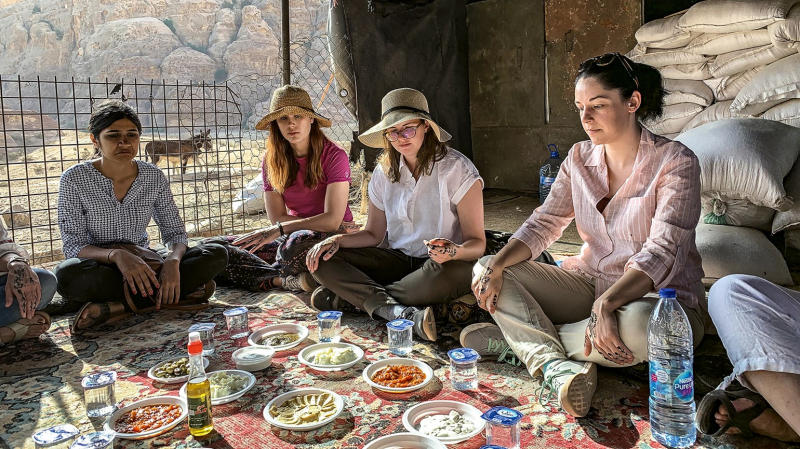
https://www.travelweekly.com -
This section describes a few potential outcomes once you sit down to eat with your family. Trying to remember everything here could seem too difficult to put into words. The truth is that you can't insult somebody deeply without acting in a very outrageous manner. Your host wouldn't be so rude as to make a big issue out of a minor social faux pas anyway.
When you arrive for a meal, you could be welcomed with a thimbleful of bitter Arabic coffee; slurp it down quickly because everyone there needs to drink before conversation can resume. If you jiggle your wrist as you hand the cup back, it's a sign that you don't want any more (if you just hand it back straight, you'll get a refill).
If you're in a tent, the meal, which is frequently a mansaf, may be served on the floor with the male head of the household, his adult sons, and any male friends squatting on one knee or sitting cross-legged around a large communal platter. Western women are treated as men for social purposes and will be included in the circle. You can be given the opportunity to sit next to the household's leader as the guest of honor. Even if wives and daughters are present, they very probably won't dine with you, and you might discover that they all hide out for the length of your visit in a different area of the tent or house. If they do, asking them where they are would be quite impolite.
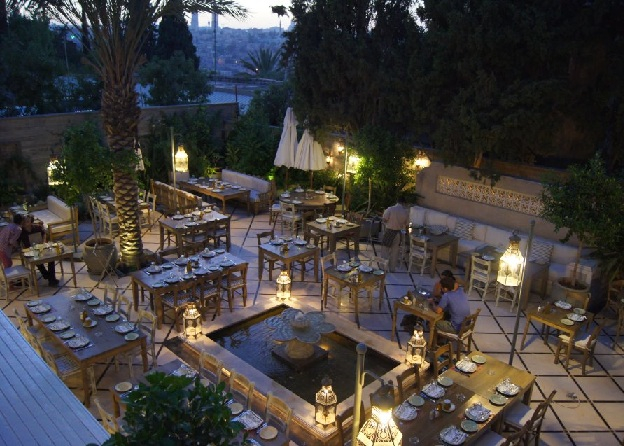
http://peaklife.in/ 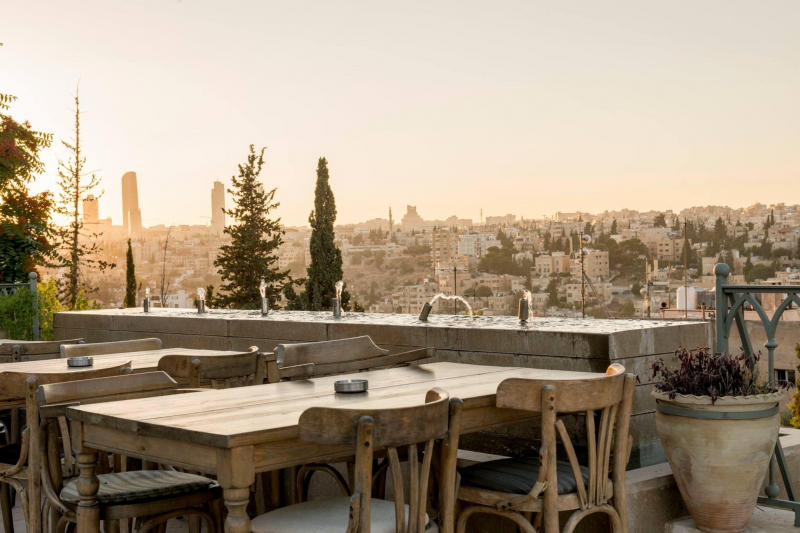
https://www.cntravellerme.com/ -
People will be really (and naively) curious about you as guests, and they may ask you a lot of questions. In addition to "What's your name?" and "Where are you from?" you may also be questioned about your family size, the names of your children, your reasons for not having more children, and other topics.
If you have none, two polite, understandable ways to say so are lissa ("later") and masha'allah ("according to God's will"). The Glossary includes other useful terms. If any ice needs to be broken, having a few photos or digital images of your kids, parents, siblings, nephews, and nieces on hand will help. However, keep in mind that Jordanian men will never ask about another man's wife, not even her name; Be aware that men in Jordan never bring up another man's wife, not even her name; instead, the topic should always be job and kids.
Saying "We're just good friends" when traveling as an unmarried couple has no meaning and just serves to emphasize the cultural gap. Even if there are no plans for nuptials, being able to display a wedding or engagement ring (a cheap replica would do) clarifies and makes things more understandable. We're getting married next year in Arabic is explained in the Language section at the conclusion of this Guide, along with other useful expressions. A ring, which denotes an absent husband, is a potent sign of respectability for a woman traveling alone.Although you can discuss most political matters openly, locals will avoid engaging in political conversation in anything but the broadest terms so as to spare you the embarrassment or potential backlash. However, feel free to ask your own questions. Once you do, you'll discover that most people aren't afraid to express their opinions on anything pertaining to Israel, Arab affairs, domestic reform, or the larger world. Let them lead; if they want to, for instance, criticize the king or the royal family, which is illegal, be sure not to do likewise. The same is true for religion: while it is typically permissible for people to practice their religion openly, it is advisable to refrain from starting a discussion about religious matters because it is forbidden to proselytize or urge people to convert to any religion other than Islam.
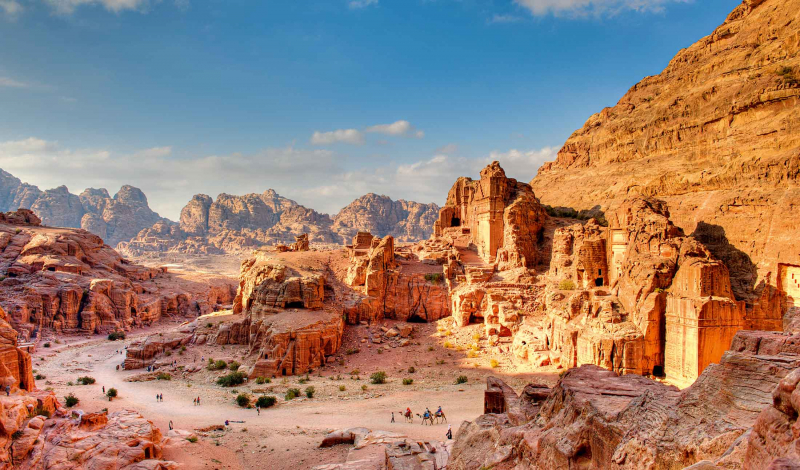
https://wallpapercave.com 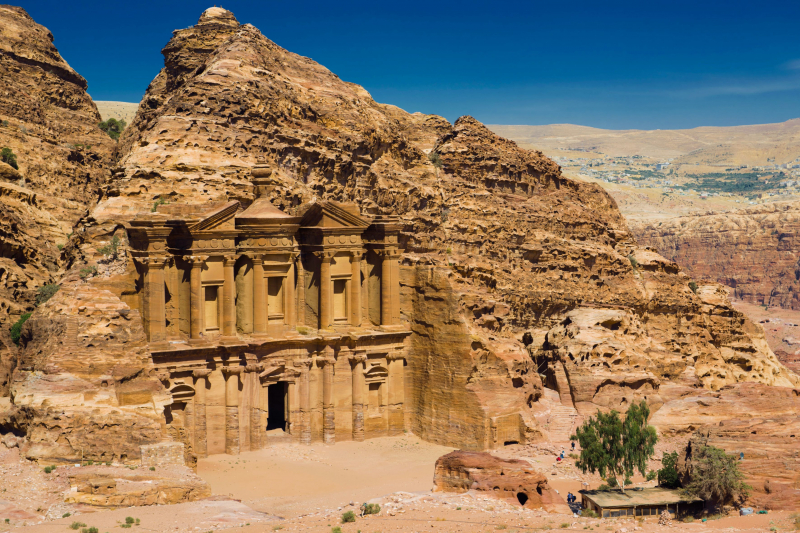
https://bundarabat.blogspot.com/





























